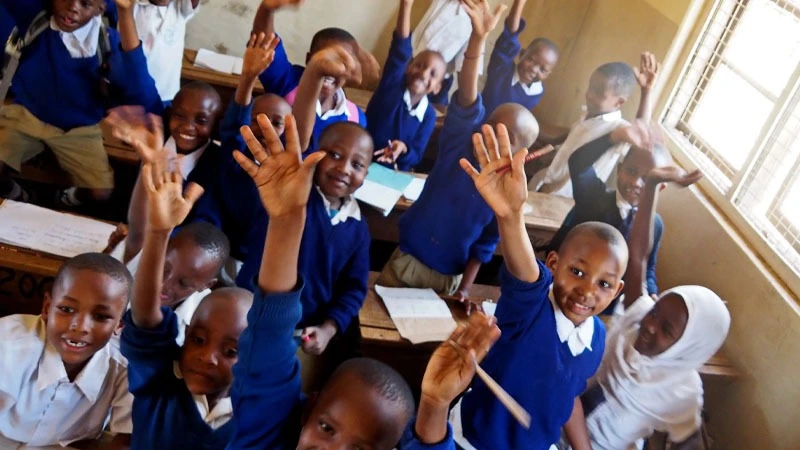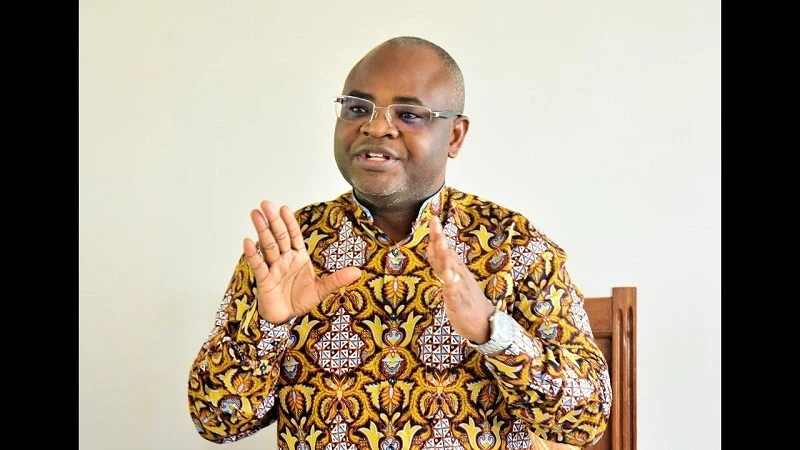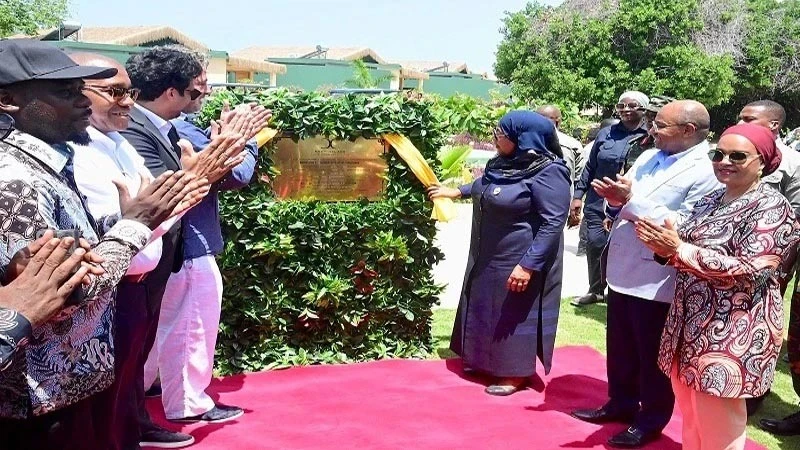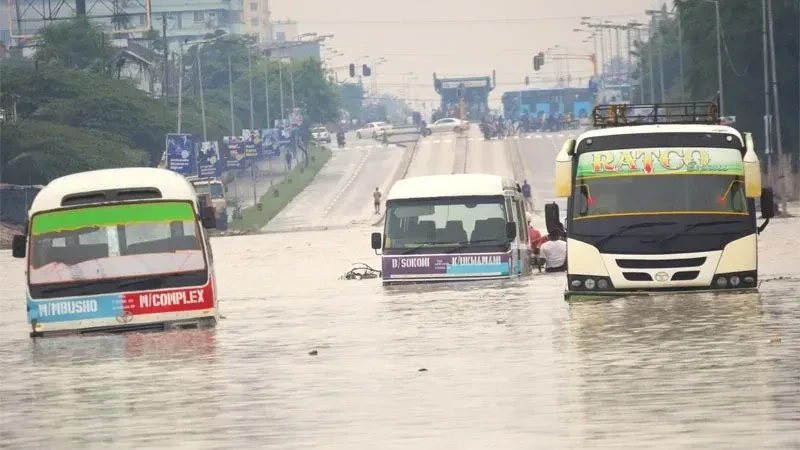Education mostly an auxiliary in handling the demographic bulge

EDUCATION managers and other policy makers are scanning for ideas on how to address challenges facing education systems in the East African Community (EAC) zone, as each sphere appears to be wanting. Questions are being raised in relation access to education, its quality, teaching capacities, financing, learning and integrating recent technologies. Plenty is being done in spheres that relate to infrastructure, equipment or teachers’ housing, while solutions are hard to find on education quality or employment.
One such forum was the opening session for the EAC education conference, themed: “Educate an African Fit for the 21st Century,” where a long list of issues was placed for brainstorming, urging collective action for quality, inclusive and life-long learning in East Africa. None of this is new, but in the past lifelong learning was merely a cultural attribute while it is now a lifetime requirement as elders are too often unable to access genuine or satisfactory pensions. They have upbringing tasks even in formal retirement.
That is why the problem of what to do in education is complicated as one is at pains to focus on what is principally the target, whether it is ‘liberal’ education that focuses on erudition and thus potential employability or technical skills. Ordinarily, anyone with the zeal to work can pick up any sort of work that needs minimal skills but the tendency to do nothing compels public administrators to focus on imbuing those growing up in schools with skills that they eventually develop a taste for using them. It is one thing to have no job and no skills, and quite another to have skills even when one lacks a job.
Still the forum wasn’t going to be tied down to preliminary issues and how curriculum reform is sorting out such matters, as their brainstorming took upwards of a decade for changes to start being instituted. A number of changes now being applied relate to an education policy blueprint published in 2014 and failed to be legislated upon, and now much of its content is slated for implementation starting from… 2027. The point is that the traditional education format appears to be resilient among stakeholders, decidedly.
Pertinent issues and challenges facing the regional education practitioners include the digitalisation of education systems and coping with artificial intelligence, along with a rather new feature, greening education. The latter is described as a global initiative that takes a whole-of-system approach to support countries to tackle the climate crisis by harnessing the critical role of education. This aspect could best be handled if it was directed at community education, not adding examinable subjects on climate change.
Yet all this is merely the background on the manner in which East Africa, like the rest of Africa, has a very youthful population and shows some of the highest fertility rates in the world. The urban virtual uprising in the neighbourhood recently ought to inform those setting policy that the youth will not go with recommendations of officialdom that isn’t meeting their aspirations halfway. A new deal is needed between the upper classes and the youth, where they let go of state firms to the market and individualise the purchasing of cars, so that tens of thousands of new jobs surface each passing year.
Top Headlines
© 2025 IPPMEDIA.COM. ALL RIGHTS RESERVED

















